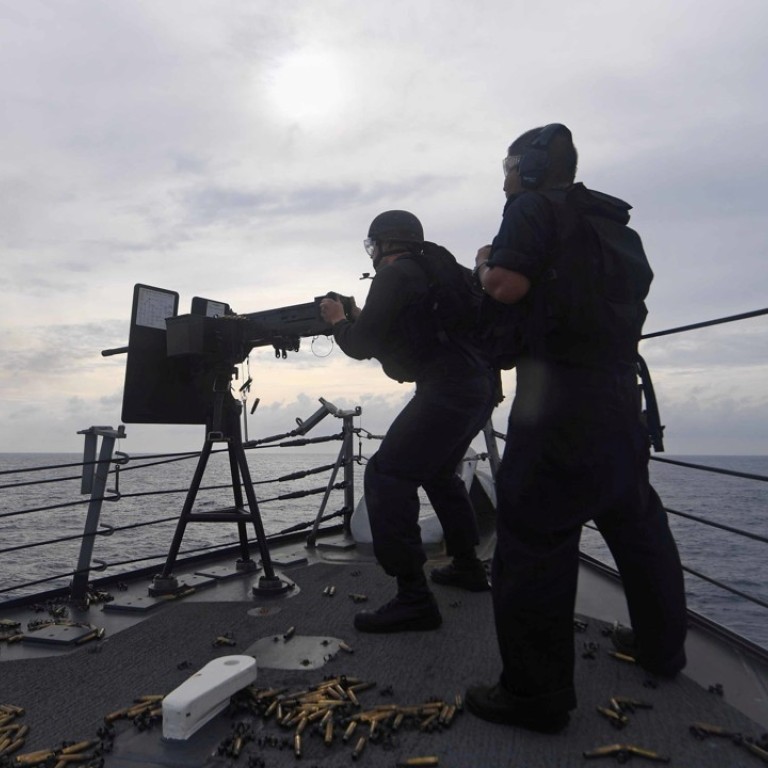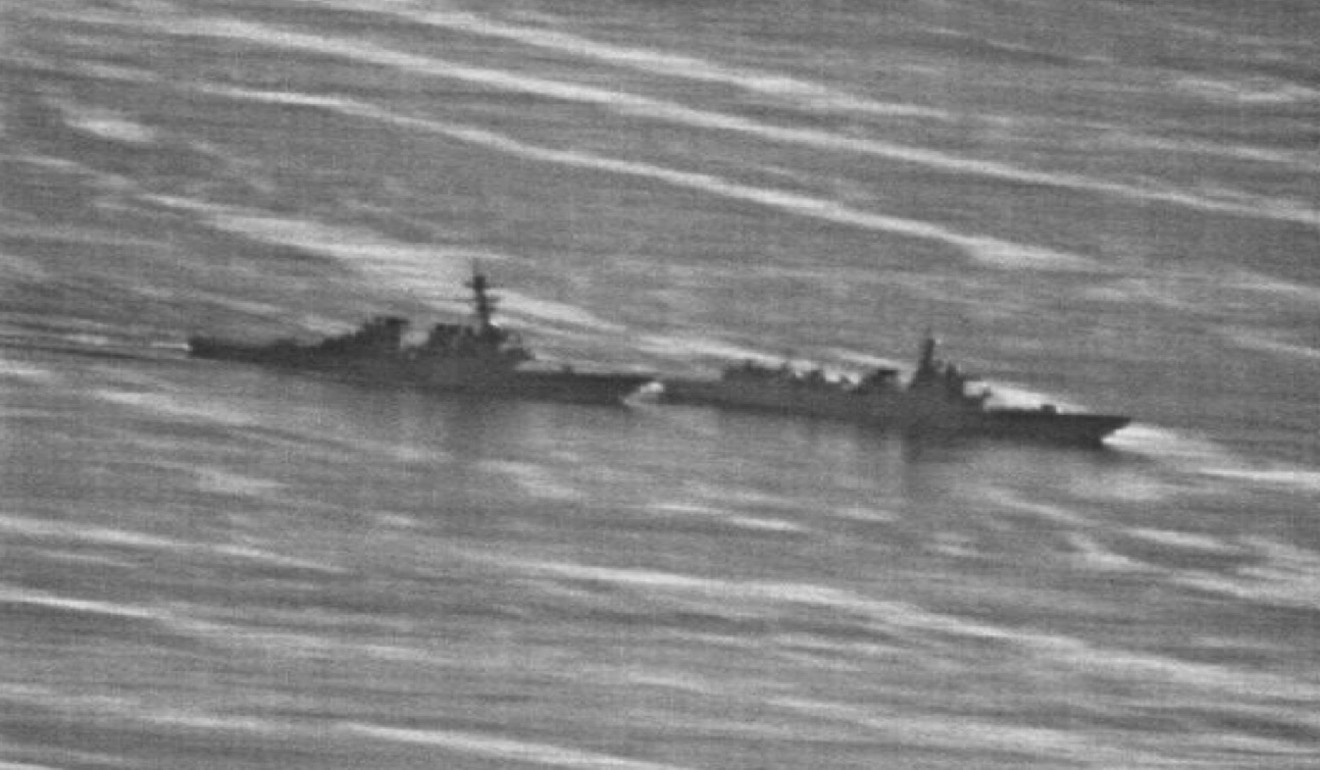
South China Sea needs more than a code of conduct to ensure regional maritime stability
In addition to US freedom of navigation operations and intelligence probes in China’s “near seas”, such intentional encounters also occur in disputes between Asian countries, like the March 2005 naval jockeying around Ambalat between Indonesia and Malaysia or the ongoing China-Japan skirmishes in the East China Sea. There are likely to be many more examples as Asian countries increasingly use gunboats and warplanes to defend their maritime claims.

Expecting a communications and manoeuvring regime like CUES to, in Koh’s words, “promote regional maritime stability” or reduce the seriousness of such incidents is unrealistic.
In response to the allegation that I advocate “the US concede its long-standing policy of maritime freedom”, I reiterate that the UN Convention on the Law of the Sea was a package deal, and non-ratifiers like the US cannot pick and choose which provisions they wish to abide by, deem them customary law and unilaterally interpret them to their benefit.
The South China Sea dispute explained
One of these key terms is “due regard” that must be paid to the rights of the coastal state. The US navy has finally incorporated “due regard” into its policy.
When verbally challenged by the Chinese military while flying near China’s outposts in the South China Sea, a US Navy intelligence collection aircraft responded: “In exercising these rights guaranteed by international law, I am operating with due regard for the rights and duties of all states”. Of course, the US navy unilaterally interprets the term to its benefit.
CUES is about safety in truly “unplanned encounters”, not “stability” nor reduction of international incidents purposely perpetrated by potential adversaries, especially China and the US or China and Japan. Any optimism otherwise is misplaced.
Mark J. Valencia, National Institute for South China Sea Studies, Haikou, China

